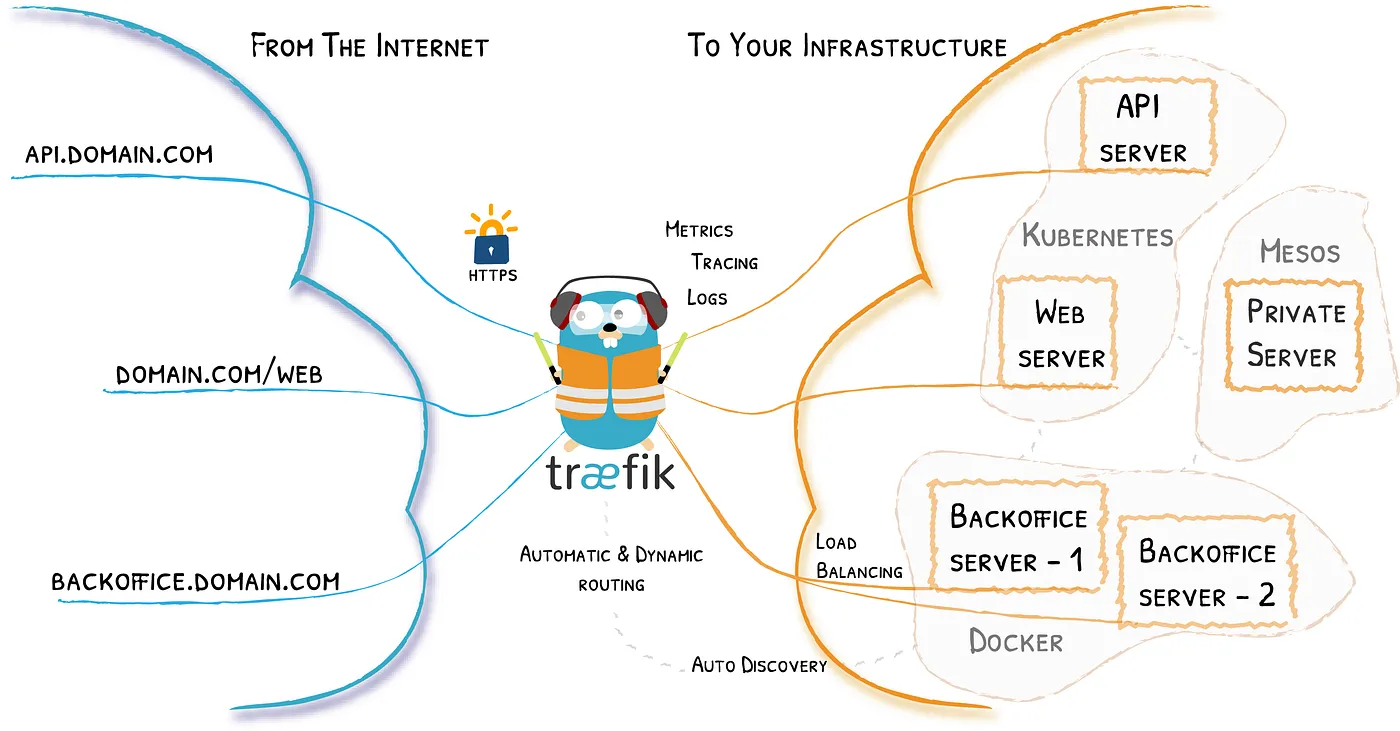In the ever-evolving landscape of technology, quantum computing emerges as a groundbreaking paradigm, poised to redefine the capabilities of computational power. Unlike classical computing, which relies on bits to process information in a binary format of 0s and 1s, quantum computing utilizes the principles of quantum mechanics through quantum bits, or qubits. These qubits can exist in multiple states simultaneously, a phenomenon known as superposition, which enables them to perform a vast number of calculations at once.
The potential impact of quantum computing spans across various industries, promising to solve complex problems that are currently beyond the reach of classical computers. In the field of cryptography, quantum computers could decrypt secure communications, necessitating the development of quantum-resistant encryption methods. The pharmaceutical industry stands to benefit from accelerated drug discovery processes, as quantum computers can simulate molecular interactions at an unprecedented scale. Financial modeling, climate forecasting, and logistics optimization are other areas where quantum computing could provide significant advancements, offering solutions that are more accurate and efficient than ever before.
As we stand on the cusp of a quantum revolution, it’s crucial to understand the mechanics behind this technology and the transformative effects it could have on our world. This article will delve into the intricacies of quantum computing, exploring its applications, challenges, and the future it holds for the tech industry and beyond.
Quantum Mechanics Basics: The Pillars of Quantum Computing
Quantum mechanics, the branch of physics that studies the behavior of particles at the atomic and subatomic levels, provides the foundational principles upon which quantum computing is built. Here’s a brief overview of the key concepts relevant to computing:
- Superposition: At the heart of quantum computing lies the principle of superposition. This principle states that, unlike classical bits that are either 0 or 1, quantum bits or qubits can exist in multiple states simultaneously. This allows a qubit to perform two calculations at once, exponentially increasing the computational power as more qubits are entangled together.
- Entanglement: Quantum entanglement is a phenomenon where pairs or groups of particles interact in such a way that the state of each particle cannot be described independently of the others. In computing, entangled qubits can process complex variables and algorithms with greater efficiency than classical computers.
- Quantum Tunneling: This effect allows particles to pass through barriers that would be insurmountable according to classical physics. In quantum computing, tunneling is used to create faster and more efficient ways of moving information across qubits.
- Quantum Decoherence: One of the major challenges in quantum computing is maintaining the quantum state of qubits. Decoherence occurs when qubits lose their quantum properties due to interaction with the environment, which can disrupt computations.
- Wave-Particle Duality: Particles at the quantum level exhibit both wave-like and particle-like properties. This duality is leveraged in quantum computing to read and write data in qubits.
Understanding these principles is crucial for grasping how quantum computers operate and why they have the potential to solve problems that are currently intractable for classical computers. As research progresses, these quantum mechanics concepts continue to inspire new advancements in the field of quantum computing.
Quantum vs. Classical Computing: A Comparative Analysis
The advent of quantum computing marks a significant shift from traditional classical computing. Here’s how the two compare:
- Data Processing:
- Classical Computing: Uses bits as the basic unit of information, which can be either 0 or 1, representing a binary state.
- Quantum Computing: Utilizes qubits, which can represent 0, 1, or any quantum superposition of these states, allowing for multiple calculations simultaneously.
- Computational Power:
- Classical Computing: The power grows linearly with the addition of more bits.
- Quantum Computing: The power grows exponentially with the addition of more qubits due to superposition and entanglement.
- Problem-Solving:
- Classical Computing: Best suited for problems that can be solved through sequential processing.
- Quantum Computing: Excels at solving complex problems that require exploring many possible solutions at once, like optimization problems and simulations.
- Speed:
- Classical Computing: Speed is limited by the physical limitations of electricity traveling through circuits.
- Quantum Computing: Can potentially perform tasks in seconds that would take classical computers thousands of years, thanks to quantum parallelism.
Advantages of Quantum Computing
- Parallelism: The ability to process multiple possibilities simultaneously.
- Speed: Quantum algorithms can solve certain problems much faster than classical algorithms.
- Security: Quantum computing can create new forms of encryption, like quantum key distribution, which could be virtually unbreakable.
- Simulation: Quantum computers can simulate quantum systems naturally, which is beneficial for chemistry and materials science.
Quantum computing holds the promise of revolutionizing the way we approach computation, offering speed and efficiency that could surpass classical methods in various applications. As this technology continues to develop, it may unlock new possibilities in fields ranging from cryptography to artificial intelligence, heralding a new era of technological advancement.
Quantum Computing Applications: Pioneering Future Innovations
Quantum computing is not just a theoretical marvel; it has practical applications that could revolutionize several fields. Here’s an exploration of some areas where quantum computing promises significant breakthroughs:
- Cryptography:
- Current Systems: Modern encryption systems rely on the difficulty of factoring large numbers, a task that classical computers find challenging.
- Quantum Impact: Quantum computers could easily factor these large numbers, rendering current encryption methods obsolete. This has led to the development of quantum cryptography, which uses the principles of quantum mechanics to secure data in a way that is theoretically impervious to hacking.
- Drug Discovery:
- Current Challenges: The process of drug discovery is complex and time-consuming, often taking years to find viable candidates.
- Quantum Impact: Quantum computers can simulate molecular interactions at an atomic level, allowing for the rapid discovery of new drugs and understanding complex biological processes, potentially reducing the time and cost of bringing new medications to market.
- Financial Modeling:
- Current Limitations: Financial markets are incredibly complex, and modeling them accurately requires vast amounts of computational power.
- Quantum Impact: Quantum computing can analyze financial data and model market changes with unprecedented speed and accuracy. This could lead to more robust economic models and better risk management strategies.
- Climate Forecasting:
- Current State: Accurate climate modeling is a computationally intensive task that requires simulating numerous environmental variables.
- Quantum Impact: With its ability to handle large datasets and complex variables, quantum computing could significantly improve the accuracy of climate predictions, aiding in the fight against climate change.
- Logistics Optimization:
- Current Approach: Logistics companies use algorithms to optimize routing, scheduling, and resource allocation.
- Quantum Impact: Quantum algorithms could solve optimization problems more efficiently, leading to more effective supply chain management and reduced operational costs.
- Artificial Intelligence:
- Current AI: AI and machine learning algorithms require significant computational resources, especially for deep learning.
- Quantum Impact: Quantum computing could accelerate the training of machine learning models, enabling AI to solve more complex problems and learn from larger datasets.
- Material Science:
- Current Research: Discovering new materials with desired properties is a trial-and-error process.
- Quantum Impact: Quantum computers can simulate and predict the properties of new materials, speeding up the development of advanced materials for use in electronics, energy storage, and more.
These applications are just the tip of the iceberg when it comes to the potential of quantum computing. As the technology matures, we can expect to see even more innovative uses emerge, pushing the boundaries of what’s possible across various scientific and industrial domains.
Challenges and Limitations: Navigating the Quantum Computing Landscape
While quantum computing holds immense promise, it also faces significant challenges and limitations that must be addressed. Here’s an overview of the hurdles in the development of quantum computing:
- Quantum Decoherence:
- Challenge: Quantum computers are extremely sensitive to external disturbances, which can cause qubits to lose their quantum state, a phenomenon known as decoherence.
- Impact: Decoherence can lead to errors in calculations and is one of the primary obstacles in building reliable quantum computers.
- Error Correction:
- Challenge: Due to the probabilistic nature of quantum mechanics, quantum computers are prone to errors that can compound during computations.
- Impact: Developing robust quantum error correction methods is crucial for the practical use of quantum computers.
- Scalability:
- Challenge: Creating a large-scale quantum computer with thousands of qubits is currently beyond our technological capabilities.
- Impact: Scalability is essential for quantum computing to reach its full potential and tackle complex problems.
- Temperature Requirements:
- Challenge: Quantum processors often require extremely low temperatures to function, close to absolute zero.
- Impact: The need for such conditions makes the current quantum computing hardware difficult and expensive to maintain.
- Material Challenges:
- Challenge: Finding materials that can maintain quantum coherence and support the creation of qubits is a significant research area.
- Impact: Material science advances are necessary to build more stable and efficient quantum computers.
- Software Development:
- Challenge: There is a lack of mature quantum software and programming languages to harness the power of quantum computing.
- Impact: Developing a quantum software ecosystem is vital for programmers to create quantum algorithms and applications.
Common Misconceptions
- Quantum Supremacy: The term often leads to the misconception that quantum computers will replace classical computers for all tasks, which is not the case. Quantum computers are suited for specific types of problems that classical computers struggle with.
- Instant Solutions: There’s a belief that quantum computers will immediately solve complex problems. In reality, it will take time to develop algorithms and understand which problems are best suited for quantum solutions.
- Universal Utility: Not all industries or tasks will benefit from quantum computing. It’s important to identify areas where quantum advantages can be leveraged effectively.
Addressing these challenges and dispelling misconceptions is crucial for the advancement of quantum computing. As researchers and engineers continue to make progress, we can anticipate a future where quantum computing will play a pivotal role in solving some of the world’s most intricate problems.
The Future of Quantum Computing: Shaping a New Era of Problem-Solving
Quantum computing stands at the forefront of a technological revolution, with the potential to alter our approach to problem-solving fundamentally. Here are some predictions for the future development of quantum computers and their impact:
- Integration with Classical Systems:
- Prediction: Quantum computers will not replace classical systems but will work alongside them, tackling tasks that are best suited for quantum computation.
- Impact: This hybrid approach will optimize problem-solving, combining the strengths of both quantum and classical computing.
- Advancements in Quantum Algorithms:
- Prediction: Researchers will develop new quantum algorithms that can solve complex problems more efficiently than classical algorithms.
- Impact: These algorithms will unlock new capabilities in fields like optimization, simulation, and machine learning.
- Quantum Networking:
- Prediction: The development of quantum networks will enable secure communication and distributed quantum computing.
- Impact: Quantum networking could lead to a new internet era, the ‘quantum internet,’ which would be inherently secure due to the principles of quantum cryptography.
- Commercial Quantum Computing:
- Prediction: Quantum computing will become more accessible to businesses, leading to commercial quantum computing services.
- Impact: Industries will be able to leverage quantum computing for specific applications, driving innovation and competitive advantage.
- Quantum Computing in Academia:
- Prediction: Quantum computing will become a standard part of the curriculum in computer science and physics courses.
- Impact: A new generation of quantum-literate professionals will emerge, further accelerating the field’s growth.
- Quantum AI:
- Prediction: The convergence of quantum computing and artificial intelligence will lead to the development of quantum AI, capable of solving highly complex problems.
- Impact: Quantum AI could lead to breakthroughs in understanding human cognition, the development of new materials, and solving previously intractable problems.
- Ethical and Societal Implications:
- Prediction: As quantum computing matures, it will raise ethical and societal questions, particularly regarding privacy and security.
- Impact: There will be a need for new policies and frameworks to address the challenges and implications of quantum computing on society.
Quantum computing is poised to change our approach to problem-solving by providing new tools to tackle challenges that are currently unsolvable. As we look to the future, the full potential of quantum computing is yet to be realized, but its trajectory suggests a transformative impact on science, industry, and society.
Conclusion: Embracing the Quantum Leap
As we venture into the uncharted territories of quantum computing, we stand at the precipice of a new computational era. The potential of quantum computing is vast and multifaceted, offering a glimpse into a future where problems once deemed insurmountable are within our grasp. From revolutionizing cryptography to accelerating drug discovery, and from enhancing financial modeling to predicting climate changes with greater accuracy, quantum computing beckons a wave of unprecedented innovation.
Yet, with great power comes great responsibility. The journey ahead is lined with challenges—technical, ethical, and societal—that we must navigate with diligence and foresight. Quantum computing is not a panacea but a powerful tool that, when harnessed correctly, can propel humanity forward in ways we are only beginning to comprehend.
As we conclude, let us not view this as the end but as an invitation to further exploration and learning. The quantum realm is rich with mysteries waiting to be unraveled, and it is through continued research, collaboration, and education that we will unlock the full potential of quantum computing. Let us embrace this quantum leap with open minds and a steadfast commitment to shaping a future that reflects our highest aspirations.





